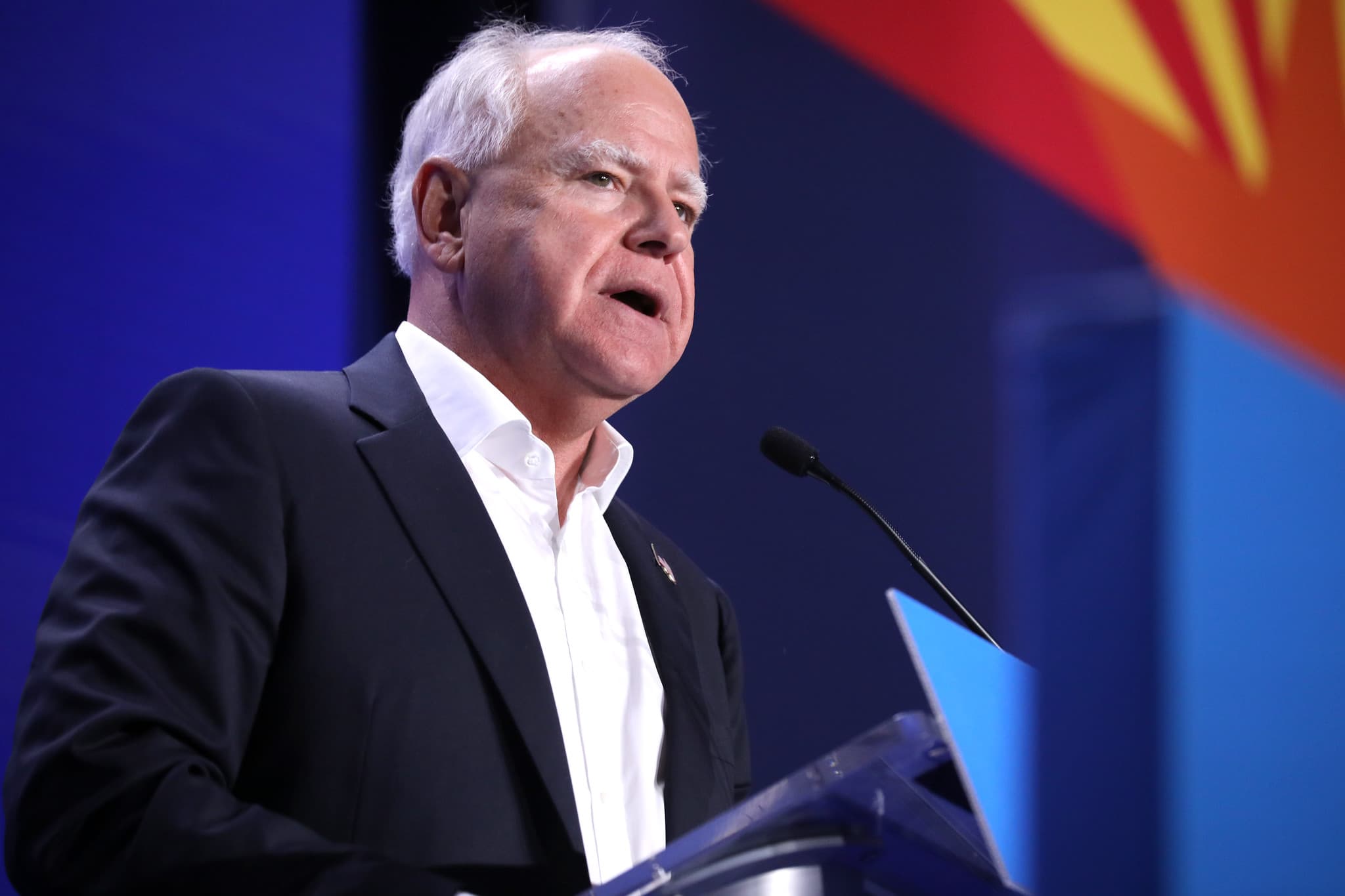Bucking Historic Trends, Independent Voter ID Goes Up in 'High Stakes' Election Year

Photo Credit: Dyana Wing So on Unsplash
Independent voters are sending a message to the Republican and Democratic Parties: We are done playing your games.
Every month Gallup surveys US voters on how they choose to identify politically. Independent voter ID has consistently fallen between the 40 to 50 percentiles over the last decade but tends to drop in election years as voters are forced to make a choice between the major parties.
Yet, according to the most recent survey, independent ID jumped 5 percentage points from 40% to 45% from December 2023 to January 2024. Meanwhile, Republican ID sits at 25% and Democratic ID is at 27% -- suggesting a more unpredictable year for US elections.
The latest numbers were published not long after Gallup revealed that the polling average for independent voter ID in 2023 tied a historic high of 43% -- a record initially set in 2014. This, too, bucked the historic trend of a decline ahead of a presidential election year.
These findings coincide with the parties' message to voters that they don't matter. The presidential contest is considered a done deal despite only two states conducting their presidential preference elections. Most voters haven't had a chance to voice their preference for president.
Not that it matters to the parties. They claim the stakes have never been higher in a presidential election but have made it abundantly clear that their interests come first. Yet, as we kick off the 2024 election cycle, more Americans than ever are fed up with the options the parties' have forced on them and are tired of being treated like second-class voters.
 Shawn Griffiths
Shawn Griffiths




